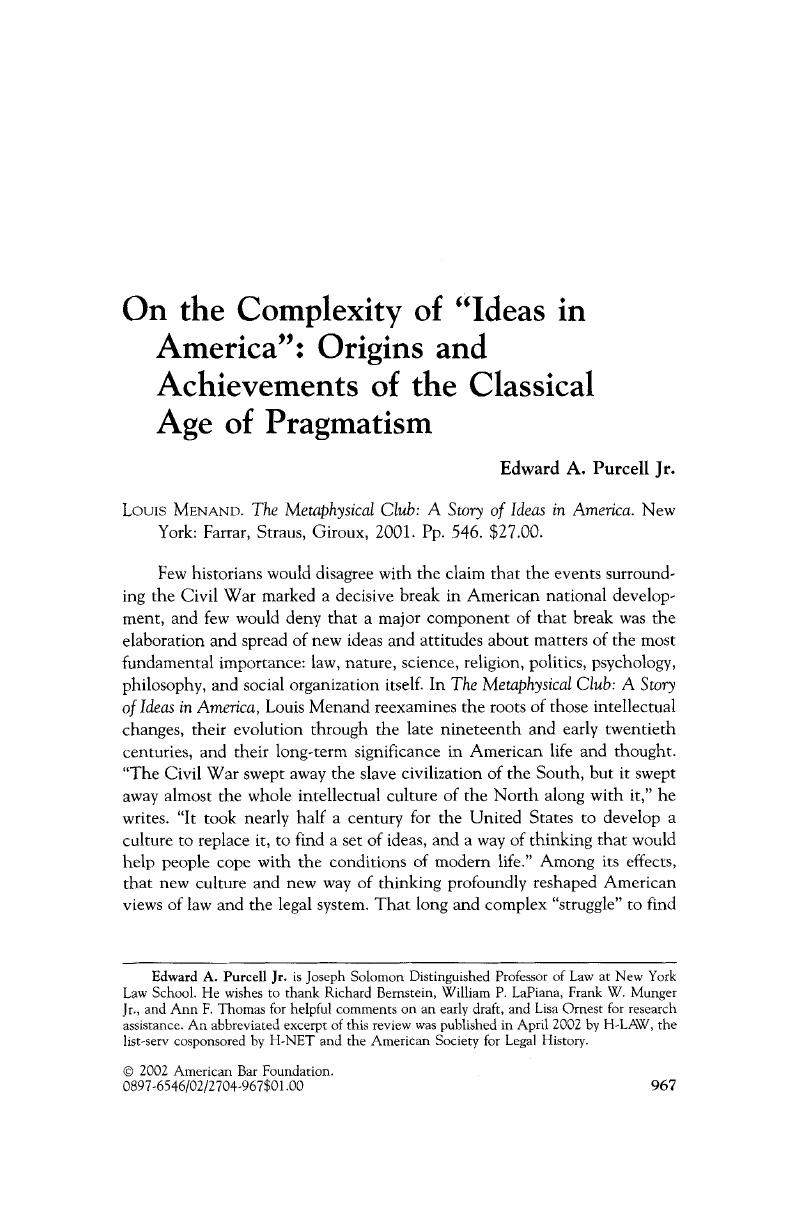Crossref Citations
This article has been cited by the following publications. This list is generated based on data provided by Crossref.
Pansiri, Jaloni
2005.
Pragmatism: A methodological approach to researching strategic alliances in tourism.
Tourism and Hospitality Planning & Development,
Vol. 2,
Issue. 3,
p.
191.



